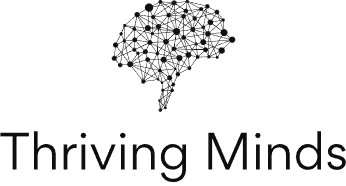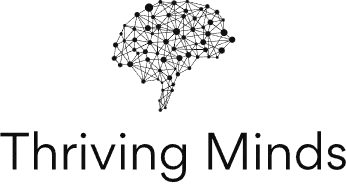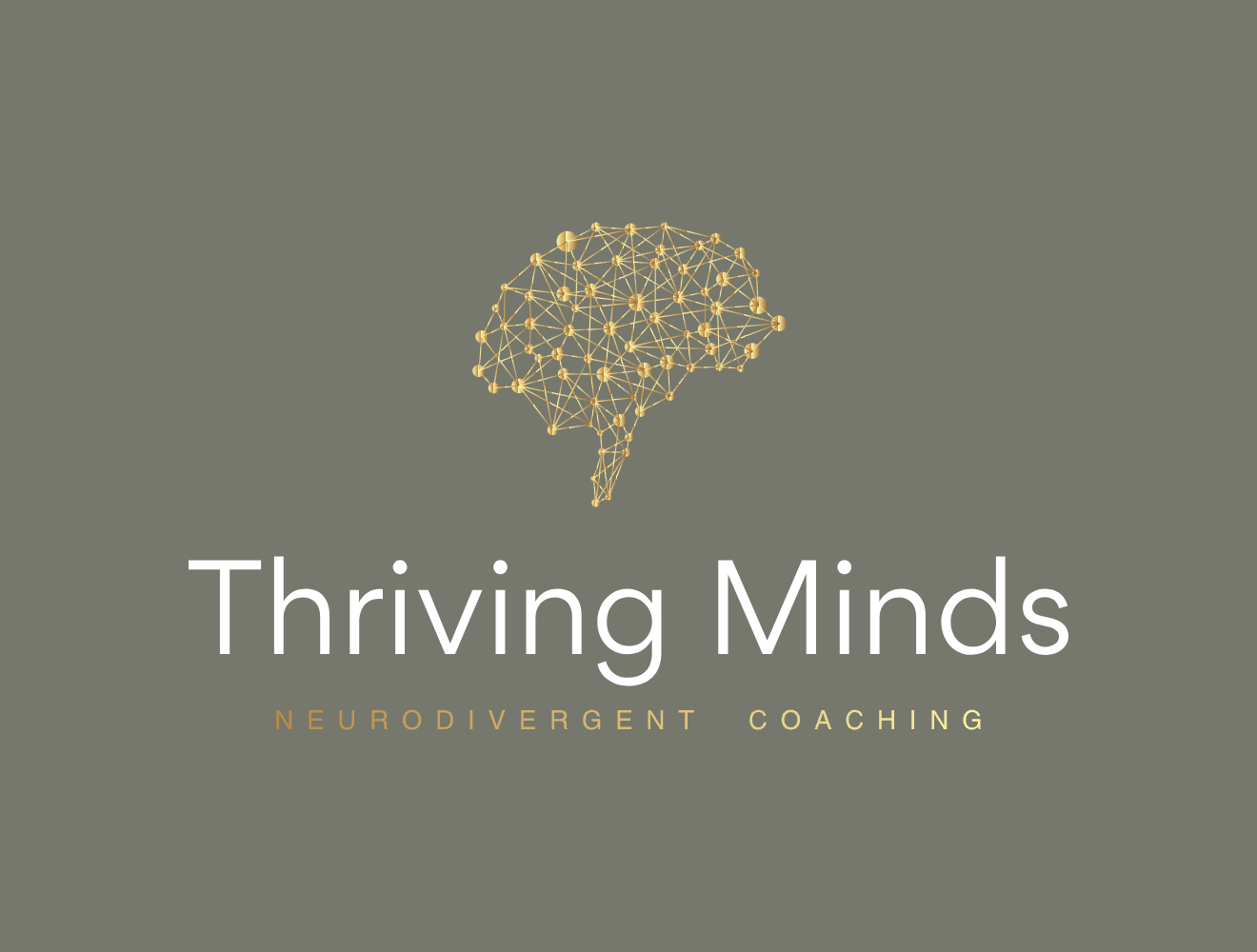What Are Adaptive Behavior Skills? A Neuro-Affirming Guide for San Clemente Families
The Path to Confident Independence
Vision shapes habits. If you or your teen can picture smoother mornings, easier school days, and calmer evenings, adaptive behavior skills are the bridge to get there. These are learnable, coachable abilities that help people handle everyday life with more confidence and independence. In San Clemente, many families are searching for clear language, real examples, and actionable plans that respect neurodivergent strengths. This comprehensive guide delivers all three.
Understanding Adaptive Behavior Skills The Foundation of Daily Success

Adaptive behavior skills are the everyday actions that help a person function independently at home, at school, and in the community. They encompass essential abilities like getting ready on time, organizing materials effectively, following consistent routines, communicating needs clearly, managing emotions appropriately, and problem-solving in real-world situations.
Professionals typically organize these skills into three interconnected areas: conceptual, social, and practical. Conceptual skills cover cognitive abilities like planning ahead, time awareness, and managing money or schoolwork responsibilities. Social skills encompass reading social situations accurately, taking turns appropriately, and building healthy, meaningful friendships. Practical skills include daily living tasks such as personal hygiene, meal preparation, transportation navigation, and safety awareness.
For neurodivergent kids and teens, it's crucial to understand that adaptive behavior skills do not measure potential or intelligence. Instead, they simply indicate which supports and strategies make daily life more manageable and successful. Through structured coaching, we break overwhelming tasks into manageable steps, utilize visual tools and supports, establish predictable routines, and practice skills in real-world contexts.
Progress in adaptive behavior skills looks like fewer morning struggles, smoother homework completion, improved self-advocacy abilities, and increasing independence over time. In essence, adaptive behavior skills serve as the comprehensive playbook for navigating daily life, and they can be systematically taught, practiced, and continuously improved.
A San Clemente Success Story
Picture a typical San Clemente school morning transformed by adaptive skill development. Backpack positioned by the door the night before, visual checklist prominently displayed on the refrigerator, two strategically timed alarms set ten minutes apart. Your teen follows a personalized routine, enjoys a simple but nutritious breakfast, and achieves a meaningful win before heading to San Clemente High School or catching transportation down El Camino Real.
This smooth morning routine isn't the result of luck or natural ability... it's the product of intentional adaptive skill-building. When we design systems that match the individual person rather than forcing the person to conform to rigid systems, daily experiences become more manageable and self-confidence naturally grows.

Practical Examples What Are Adaptive Behavior Skills in Action?
Understanding what are adaptive behavior skills becomes clearer when we see concrete examples in daily contexts:
Morning Routine Development
Creating and following a structured 3-5 step morning sequence that includes waking up, personal care, breakfast, and gathering materials for the day.
Organization Systems
Using visual lists and organizational tools to pack backpacks systematically, ensuring all necessary materials are included for each class or activity.
Communication Strategies
Developing clear sentence starters and communication frameworks for expressing needs, asking for help, or advocating for accommodations.
Homework Management
Implementing a structured approach that includes a brief warm-up task to ease into academic work, making the transition from free time to focused learning more manageable.
Transition Support
Using timers, visual cues, and countdown strategies to move smoothly between different activities throughout the day.
Basic Life Skills
Learning fundamental meal preparation techniques and conducting simple safety checks around the home environment.
Adaptive Skills for Teens Building Independence and Self-Advocacy
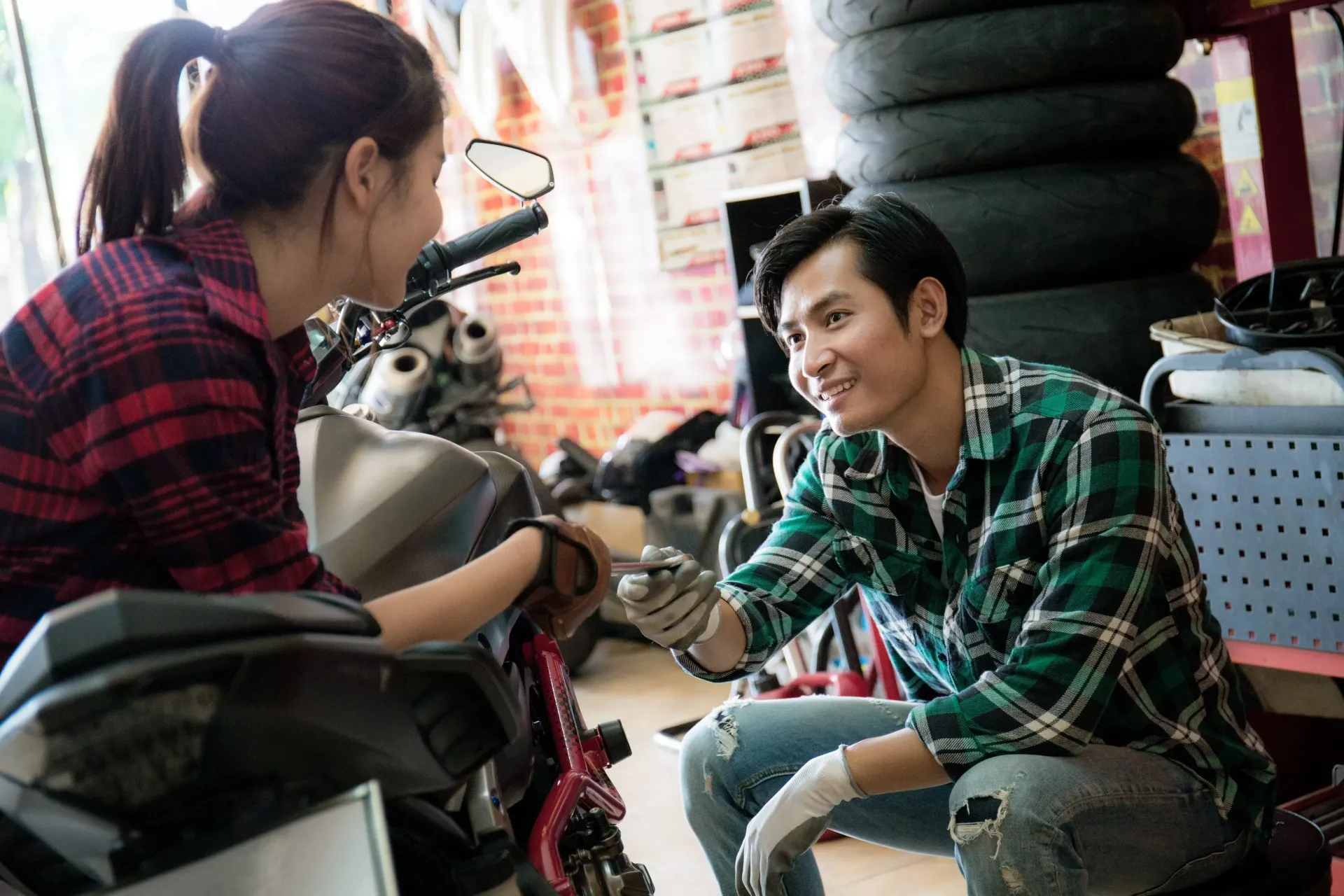
When families ask about adaptive behavior skills specifically for teenagers, the focus shifts toward independence and self-advocacy development. Teen-focused adaptive behavior skills include managing personal calendars and scheduling, breaking large assignments into manageable chunks, communicating with teachers through respectful emails or conversations, tracking personal finances and spending, handling basic laundry and clothing care, planning transportation options, and establishing healthy boundaries with peers and technology use.
Effective coaching for teens often incorporates practical tools like detailed checklists, shared family calendars, and habit-stacking techniques that connect new skills to already established routines. This approach builds on existing strengths while gradually expanding independence in age-appropriate ways.
Recognizing WheN Additional Support Is Needed
Parents often wonder about the signs that indicate a need for adaptive behavior skill development. Common indicators include frequent late starts to the day, regularly losing important materials, consistently leaving tasks unfinished, experiencing overwhelm during routine transitions, having strong emotional reactions to minor changes, or continuing to rely on adults for tasks that peers can complete independently.
It's essential to understand that these patterns are signals pointing toward areas that need additional support, not personal failures or character flaws. They guide us toward implementing helpful supports such as visual cues, environmental modifications, or structured task frameworks that make success more achievable.

Adaptive Behavior in Educational Settings: Understanding IEP Integration

When adaptive behavior appears on an Individualized Education Program (IEP), it refers to daily living and school participation skills that directly affect learning and educational access. Adaptive behavior considerations may appear in present levels of performance, specific educational goals, or recommended accommodations and modifications.
Common IEP examples include implementing visual schedules for class transitions, providing extra time for transitions between activities, breaking complex instructions into smaller, manageable chunks, or offering direct coaching on organizational systems and communication strategies. Families can actively advocate for their teens by asking the educational team to write goals that are clear, measurable, and directly tied to real-world contexts like navigating class changes or managing homework submission processes.
The Three Categories of Adaptive Behavior Skills
Understanding the three primary types of adaptive behavior helps families and educators address development comprehensively:
Conceptual Skills
encompass planning abilities, organizational strategies, and academic-related tasks. These skills help individuals think through problems, manage time effectively, and handle school-related responsibilities.
Social Skills
include communication abilities, relationship-building capabilities, and social problem-solving strategies. These skills enable individuals to navigate interpersonal situations, develop meaningful connections, and understand social expectations.
Practical Skills
involve daily routines, safety awareness, self-care tasks, and community navigation abilities. These skills support independence in everyday activities and help individuals participate fully in their communities.
Building Skills through Neuro-Affirming Approaches
The most effective adaptive behavior skill development occurs through neuro-affirming approaches that honor individual differences while building practical capabilities. This means recognizing that neurodivergent individuals may develop skills differently than their neurotypical peers, and that's perfectly acceptable and normal.
Successful coaching involves identifying individual strengths and interests, then building adaptive skills around those natural abilities. For example, a teen who excels at visual processing might benefit from graphic organizers and visual schedules, while someone who thrives on routine might develop skills through consistent, predictable practice sessions.
The goal is never to make neurodivergent individuals appear neurotypical, but rather to provide them with tools and strategies that help them navigate daily life with confidence and independence while honoring their unique neurological profile.
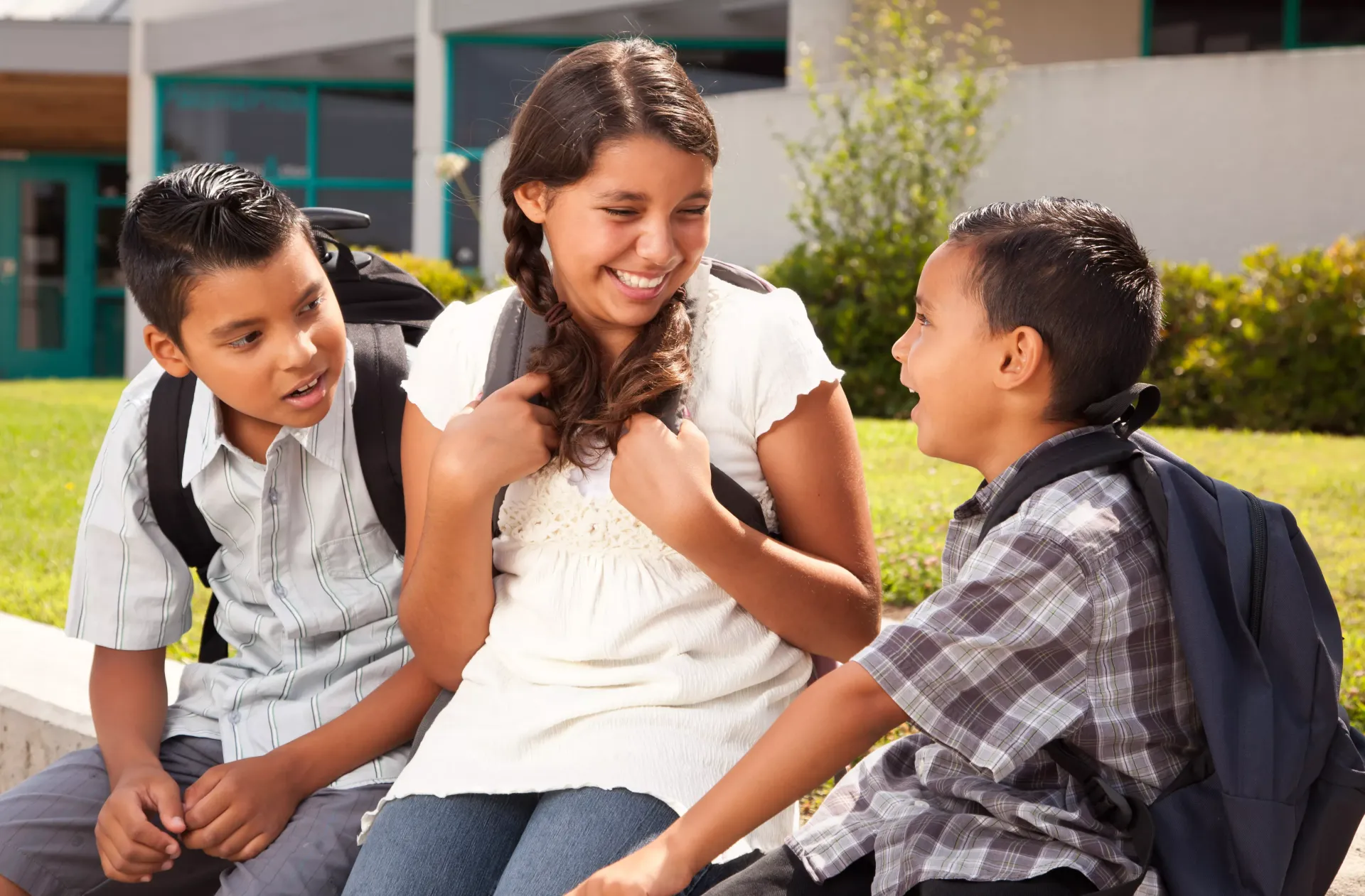

Creating Sustainable Systems for Long-Term Success
Effective adaptive behavior skill development focuses on creating sustainable systems that will serve individuals throughout their lives. This means teaching skills that are flexible enough to adapt to changing circumstances while remaining practical and achievable.
In San Clemente's community context, this might involve teaching transportation skills that work for local public transit options, organizational systems that align with typical high school demands, or communication strategies that serve students well in both academic and community settings.
The most successful approaches involve collaboration between families, educators, and coaching professionals to ensure that skills learned in one setting transfer effectively to others. This comprehensive approach maximizes the impact of adaptive behavior skill development and creates lasting positive change.
Moving Forward with Confidence and Support
Developing strong adaptive behavior skills is a journey that requires patience, consistency, and appropriate support. For San Clemente families, this journey doesn't have to be navigated alone. Professional coaching can provide the structure, expertise, and encouragement needed to make meaningful progress.
The key is starting where your teen is now, building on existing strengths, and gradually expanding capabilities in ways that feel manageable and achievable. Every small step forward contributes to greater independence and self-confidence over time.
Remember that adaptive behavior skills are not fixed abilities... they can be developed, strengthened, and refined throughout life. With the right support and approach, every individual can build the skills they need to thrive in their daily experiences.

Ready to Build Practical Skills
for Daily Success?
If you're in San Clemente and want a calm, workable plan for helping your teen understand what are adaptive behavior skills, we can help. Our neuro-affirming coaching approach focuses on achieving small wins, implementing clear tools, and establishing routines that genuinely fit your family's lifestyle and needs. We help families understand what are examples of adaptive behavior skills, what are adaptive skills for teens, what does adaptive behavior mean on an IEP.
Reach out for a friendly consultation, and we'll work together to map out the next right steps for building confidence, independence, and success in daily life. Your teen's journey toward understanding and greater independence starts with a single conversation.
